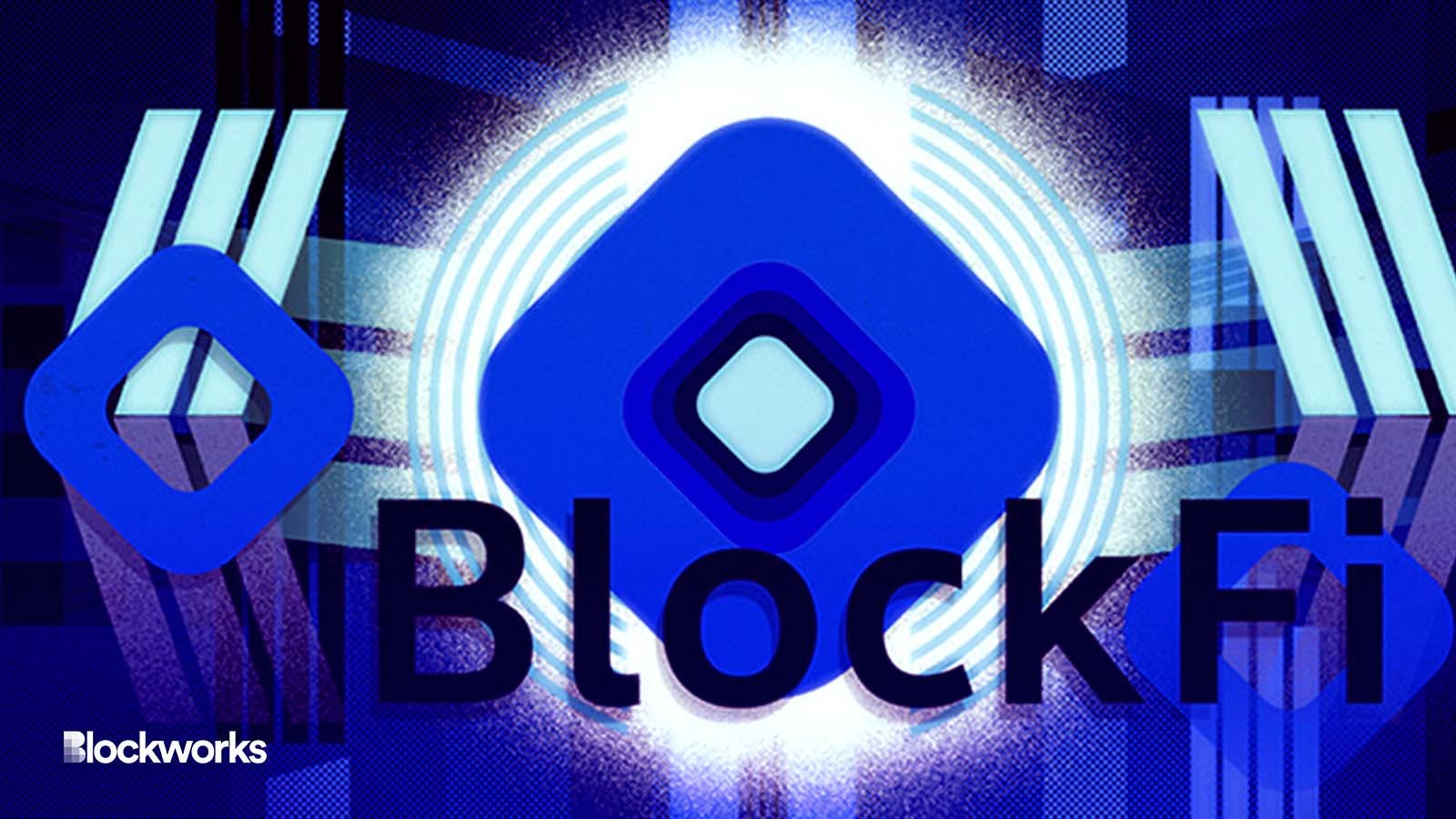BlockFi Accuses Creditors of Being ‘Divorced From Reality’
BlockFi’s proposal to return the crypto held in customer wallets has been delayed while both parties attempt to resolve their issues

Artwork by Axel Rangel, modified by Blockworks
Troubled crypto lender BlockFi has temporarily halted its plan to return certain cryptocurrencies to users amid its ongoing bankruptcy proceedings.
The firm is currently negotiating with creditors over exactly who owns the crypto in question, as well as who should have immediate access to them.
Following an order from US bankruptcy Judge Michael Kaplan, BlockFi’s proposal to return digital assets held in customer wallets has been delayed while both parties try to settle their differences.
The dispute had escalated to where BlockFi debtors have accused creditors of being “divorced from reality,” while creditors have accused BlockFi of throwing a “temper tantrum,” according to The Block.
BlockFi users could use the platform to store their crypto, separately of interest-earning (lending) activities. Key issues being disputed include whether certain cryptocurrencies in customer wallets can be seized as part of bankruptcy claims, a view opposed by some of the creditors.
Objections were raised by the Official Committee of Unsecured Creditors and other ad hoc committees of creditors and individuals. BlockFi suspended withdrawals in November 2021.
In December, lawyers for BlockFi debtors argued that customers should be allowed to access their wallets, citing the company’s terms of service.
Custody issues over customer wallets have been a common problem in bankruptcies within the crypto space. The case also highlights how difficult it can be for customers of defunct crypto firms to recover their money.
According to committee lawyers, while they support the idea of releasing wallet funds to account holders, there are some legal issues that need to be resolved.
Due to an incomplete and complicated factual record, extensive legal analysis is necessary before deciding which transfers to recognize and how to distribute funds to the relevant parties, they said.
For now, BlockFi users must simply watch as the matter is settled out of court. The lawyers have agreed to work out their differences and an update on progress made will be provided at a hearing next month.
It’s estimated BlockFi owes up to $10 billion to more than 100,000 customers, with $1.3 billion owed to its top three creditors alone.
Get the news in your inbox. Explore Blockworks newsletters:
- The Breakdown: Decoding crypto and the markets. Daily.
- 0xResearch: Alpha in your inbox. Think like an analyst.






